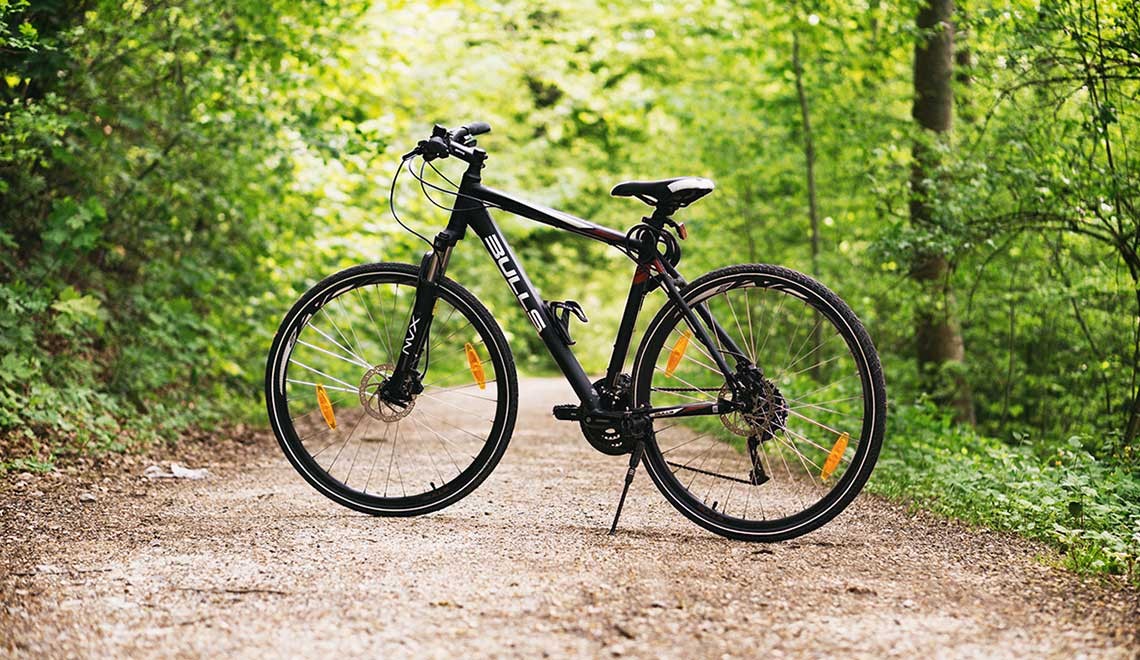Raleigh Cargo Bikes and The Food Bank Alliance

Despite several national lockdowns and travel restrictions, one (more positive) side effect of the pandemic is that cycling has increased - with 100% increase in weekday cycling and even up to 200% increase on weekends1.
Despite several national lockdowns and travel restrictions, one (more positive) side effect of the pandemic is that cycling has increased - with 100% increase in weekday cycling and even up to 200% increase on weekends1. One major limiting factor that stems from this opportunity is the sustainability of the cycling boom. Without intervention and support it's likely that, when we return to 'normal' following the pandemic, people who have taken up cycling will likely slip back into old habits. Thankfully the Government have realised this and as such have started to act.
The Government recently released a 'Gear Change' policy1 which hopes to "make England a great walking and cycling nation". The policy aims to achieve this by setting out a series of actions grouped under the following themes:
Better streets for cycling and people
Cycling and walking at the heart of decision-making
Empowering and encouraging local authorities
Enabling people to cycle and protecting them when they do
The policy outlines £2-billion worth of funding for active travel, a sixfold increase in dedicated walking and cycling funding. But more importantly, the policy puts an emphasis on improved infrastructure, such as better streets and cycling networks. An area that is key to not only promoting cycling but sustaining the cycling boom, through safer and more accessible routes.
The policy states "To make England an active travel nation, we need to take action to tackle the main barriers. We need to attract people to active travel by building better quality infrastructure, making streets better for everyone, and we need to make sure people feel safe and confident cycling. To deliver this, we need to ensure active travel is embedded in wider policy making and want to encourage and empower local authorities to take bold decisions.1"
The Government envision cycling becoming a form of mass transit and it must be treated as such. Outlining the need for routes to be designed for larger numbers of cyclists, and for users of all abilities and disabilities. The key principles for these routes (outlined in the policy) are as follows:
Cyclists must be separated from volume traffic, both at junctions and on the stretches of road between them.
Cyclists must be separated from pedestrians.
Cyclists must be treated as vehicles, not pedestrians.
Routes must join together; isolated stretches of good provision are of little value.
Routes must feel direct, logical and be intuitively understandable by all road users.
Routes and schemes must take account of how users behave.
Purely cosmetic alterations should be avoided.
Barriers, such as chicane barriers and dismount signs, should be avoided.
Routes should be designed only by those who have experienced the road on a cycle.
This shows promising signs for the cycling industry, and active travel is now being seen as a mode of transport worthy of proper investment. As a result of the 'Gear Change' policy, the Government are now including bicycles as part of an effusion of green transport, which also includes electric cars, buses, and trains; with the intentions that "clean air will be to the 21st century what clean water was to the 19th." - something we feel is worthy of shouting about.





Commentaires
Aucun commentaire pour le moment!
Laisse ton commentaire